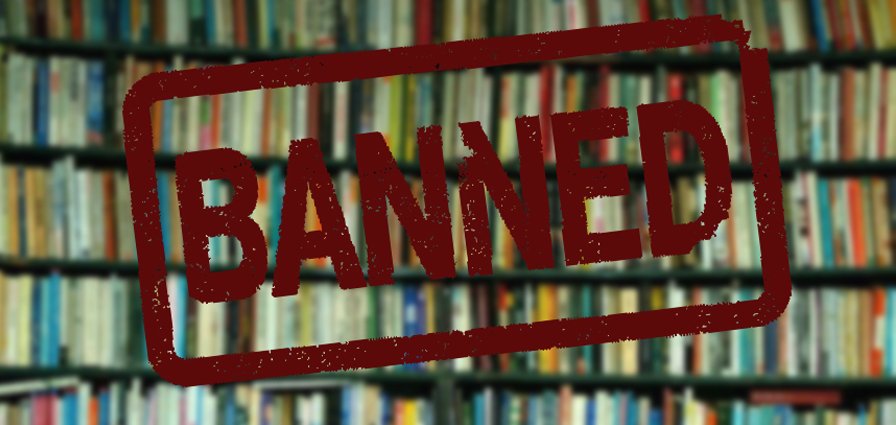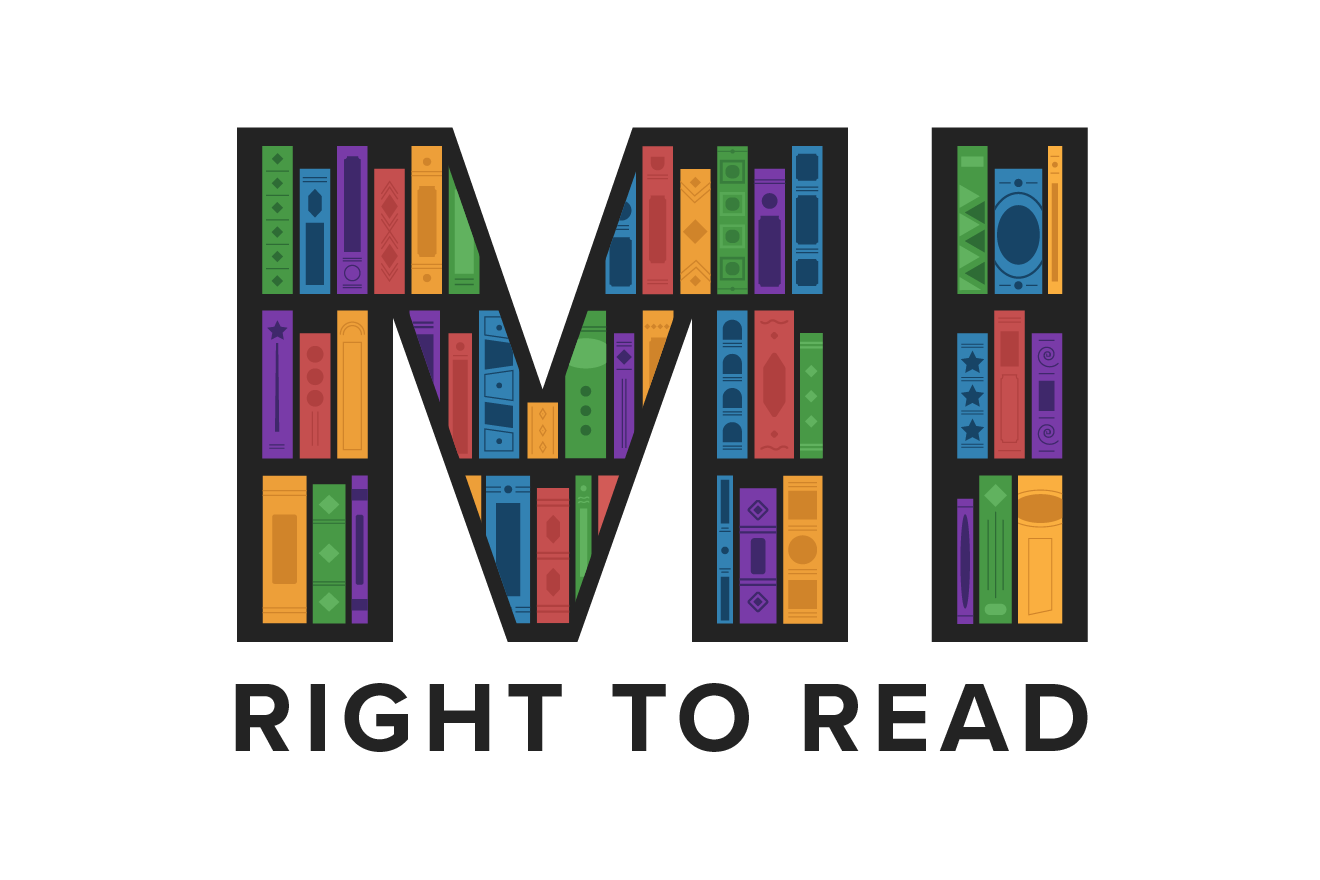Write a Letter.
-
Content Matters.
Keep your letter short and to the point, and make sure you take a firm stand on the issue early in your letter. Use only two to three points supported by data to make your case. Draw a firm conclusion on where you stand to close out your letter.
-
Make it Personal and Local.
We encourage you to send a letter to the editor only to your local news outlets in your hometown and personalize any template letters you use. Generic letters do not get the same attention that original letters do.
-
Meet the Requirements.
Include your contact information - including your name, address, email. Editors want to know that you have a vested interest in your community. Never send an anonymous letter – it will not be published. Check with the publication to ensure your letter meets their guidelines for length and formatting. Some letters must be submitted through a webform or to a designated email address. Some publishers also have strict wordcount limits or require a photo of the author to be submitted with the letter.
Sample Letter Templates
-

Letter 1 - General Pro Intellectual Freedom
Libraries fill a role in upholding rights that are guaranteed by the First Amendment of the United States and central to any functioning democracy: the rights of citizens to read, seek information, and speak freely. In the spirit of that role, we owe it to every community member to provide material of interest to them on our library shelves.
Across our nation, at school and public library board meetings, we are witnessing an unprecedented uptick in the number of book challenges. Libraries recognize that parents or guardians have the right and responsibility to make decisions about what materials are suitable for their own families, and we also stand united in our belief that no one has the right to make rules restricting what other people read, or to make decisions for other families.
Key findings from a March 2022 study conducted by Hart Research Associates and North Star Opinion Research on behalf of the American Library Association found that a large majority of voters (71%) oppose efforts to have books removed from their local public libraries. Most voters and parents hold librarians in high regard, have confidence in their local libraries to make good decisions about what books to include in their collections, and agree that libraries in their communities do a good job offering books that represent a variety of viewpoints.
In early May, MIRightToRead.com was launched to bring focus to the right to read for all Michiganders. We urge parents, students, teachers, librarians, and anyone who supports intellectual freedom to visit the website and join the growing coalition.
-

Letter 2 - Champions of Access
As champions of access, librarians are committed to curating collections that allow every citizen, young and old alike, to see themselves in the books and resources their library provides, choosing a broad range of subject matter that reflect diverse experiences. Across our nation, at school and public library board meetings, we are witnessing an unprecedented uptick in the number of book challenges. These challenges almost entirely focus on those books by and about LGBTQIA+ and people of color.
Most community members hold our librarians in high regard and have confidence in their public library to make good decisions about what books to include in their collections. They also agree that the public library does a good job offering books that represent a variety of viewpoints. The presence of any reading materials in a library collection does not imply endorsement of the ideas expressed in those materials. The library is simply doing its job to provide a wide variety of views and expressions—if the library “endorses” anything, it is citizens’ right to access a broad selection of age-appropriate materials.
Selective censorship fails to support a significant portion of the members of the community who are already experiencing systemic inequities. By not allowing them to see themselves in books, it further erodes the trust that our communities place in our public libraries to make every person who lives in our community feel seen and understood.
Our libraries are tasked with upholding the constitutional promise to protect intellectual freedom as outlined in the first amendment. This is a constitutional issue, and school and public libraries align squarely with the law and legal precedent. To serve the entire population, including those who see value in material that others may find objectionable, it is necessary to uphold the first amendment rights that are enshrined in the constitution.
